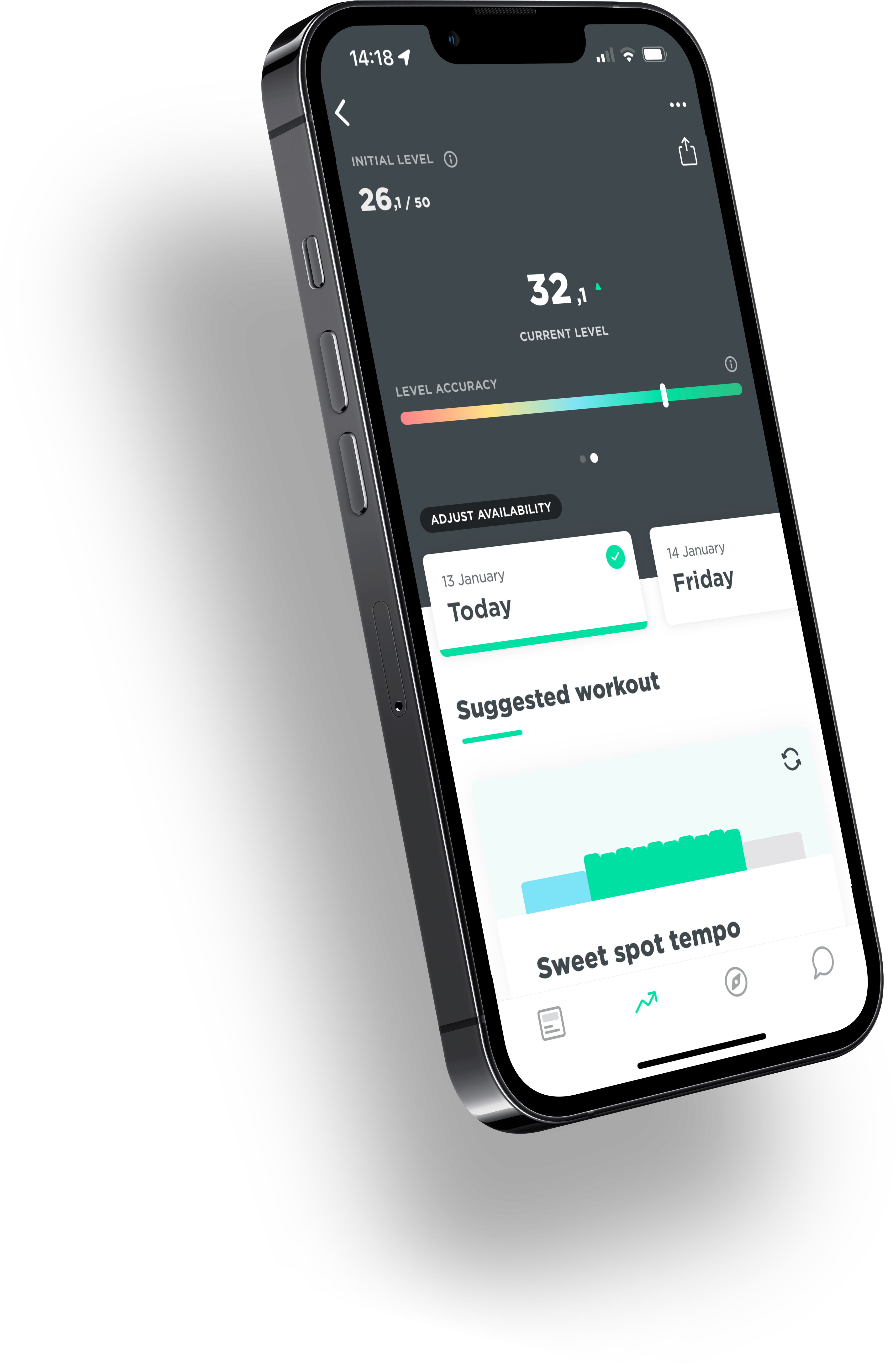A busy job, your relationship or marriage with a nice women or man, challenging social live and, top of it all, a set of children and perhaps a dog. All of this usually leads to less time to train and more stress. What is the best way to deal with this? In other words, how can you train efficiently and effectively? Here are our 8 tips!
The 8 golden tips for cyclists with little time.
- Train harder. The load of a training and thus the impact of the training stimulus is determined by the duration and intensity. If you have less time and the training duration goes down, you should simply increase the intensity. Does this mean that instead of four hours of quiet endurance training you go hard for two hours? No! In these four hours you will mainly burn fat, while in the more intense two hours you will burn mostly carbohydrates. So you are training a different energy system and therefore the effect of the training will be different. The point is that by increasing the intensity because you have less time, you cannot expect that the training effect to be the same. What simply doesn’t make sense is doing very short endurance rides. Precisely the effectiveness of endurance training lies in, you guessed it, the duration of the training.
- Adjust your goals. You can’t expect that you can prepare well for long distances with only shorter training sessions. So adjust your goals and try to shift the focus. Use this period to improve, for example, on your 5 minute values or the sprint.
- Train varied. You can quite simply state that if you have unlimited time to train it is less important to know exactly what you are doing. In fact, you train all areas a little and by simply making a lot of hours you will always improve. If you don’t have that time, you have to be smarter about it. It is more important to know when your last FTP or VO2max training was done and when you should schedule the next one, depending on your goals. In addition, it is important to keep training all your energy systems. A power meter is the best and easiest tool to monitor the intensity levels associated with these various energy systems.
- Train specifically. If you don’t have a lot of time to train and your goals are to cycle better or faster, then train mainly on a bike. Strength training in the gym or other workouts can be very effective, but still try to be on your bike for at least 6 to 8 hours a week. If you have less time available, spend it on the bike (outdoor or indoor) and not under a barbell bar.
- Divide your time. For example, if you only have 3 hours a week to train, then try to plan three training sessions of one hour, rather than only one ride of 3 hours. With 6 days between training sessions, you will not improve your stamina. This period in between sessions is so long that the training effect and super compensation of the previous stimulus are already gone when the new training stimulus is presented.
- Call the other parents of the soccer team or haggle with the missus, but try to schedule that long easy endurance training at least once every 2 to 3 weeks. If you only train briefly and intensively, you will eventually miss out on the effect of a long, steady training ride. Even if you manage to do that long endurance ride just once a month, you will still notice that it contributes to your training progress.
- Buy an indoor trainer. For today’s cyclist, an indoor trainer is the best invention since sliced bread. Not only can you train on dark evenings, while the rain is lashing against the windows. You can also train at a very high intensity without having to look out for other road users. Better still, with programmes like Zwift you can also have a great time with other riders, albeit mostly virtually.
- Train well-rested. Training with a tired body makes no sense. It doesn’t bring you anything. You can sometimes climb on your bike feeling like a zombie, but then after five minutes you start to feel alive again. But forcing yourself on the indoor bike three times a week at ten o’clock in the evening feeling really tired is useless. In situations like that, go back to step 2: adjust your goals and train less, but in a fitter state.
Consistency is the key to succes
It’s important to keep balance with your personal live and goals on the bike. Training one week for ten hours and the next week for only two doesn’t make you a better cyclist. Try to keep your availability structured week in week out. That’s why Laurens ten Dam, Stefan Bolt and Jim van den Berg talk about this topic in the Beter Worden Podcast. Why you have to keep on training, when it’s a good idea to take some rest and how to keep cycling fun. All this and much more in this new episode of the Beter Worden podcast presented by Live Slow Ride Fast.


